

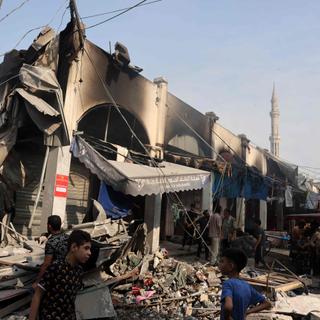
Israel-Hamas war: Twenty-five days of incessant bombing on the people of Gaza
In picturesThousands of buildings razed to the ground, more than 8,000 dead and 1.4 million displaced: Israel has been carrying out strikes on densely populated areas in Gaza and imposing a siege on this vast open-air prison.
In Gaza now, deaths are only announced when an entire family has been killed. In this dense urban fabric, generations are accustomed to living in the same building, sharing hallways. Since October 7, the Israeli army's bombardment of the Palestinian enclave, in retaliation for the Hamas attack on Israel that killed over 1,400 people, has pulverized hundreds of buildings, burying their inhabitants often without warning. Dozens of families were killed. "My uncle is a martyr!" posted Wissam Al Naouq, a Gazan translator and writer, on Facebook post on October 26. "He was probably sleeping. He was killed with 21 of his sons, daughters and grandchildren."
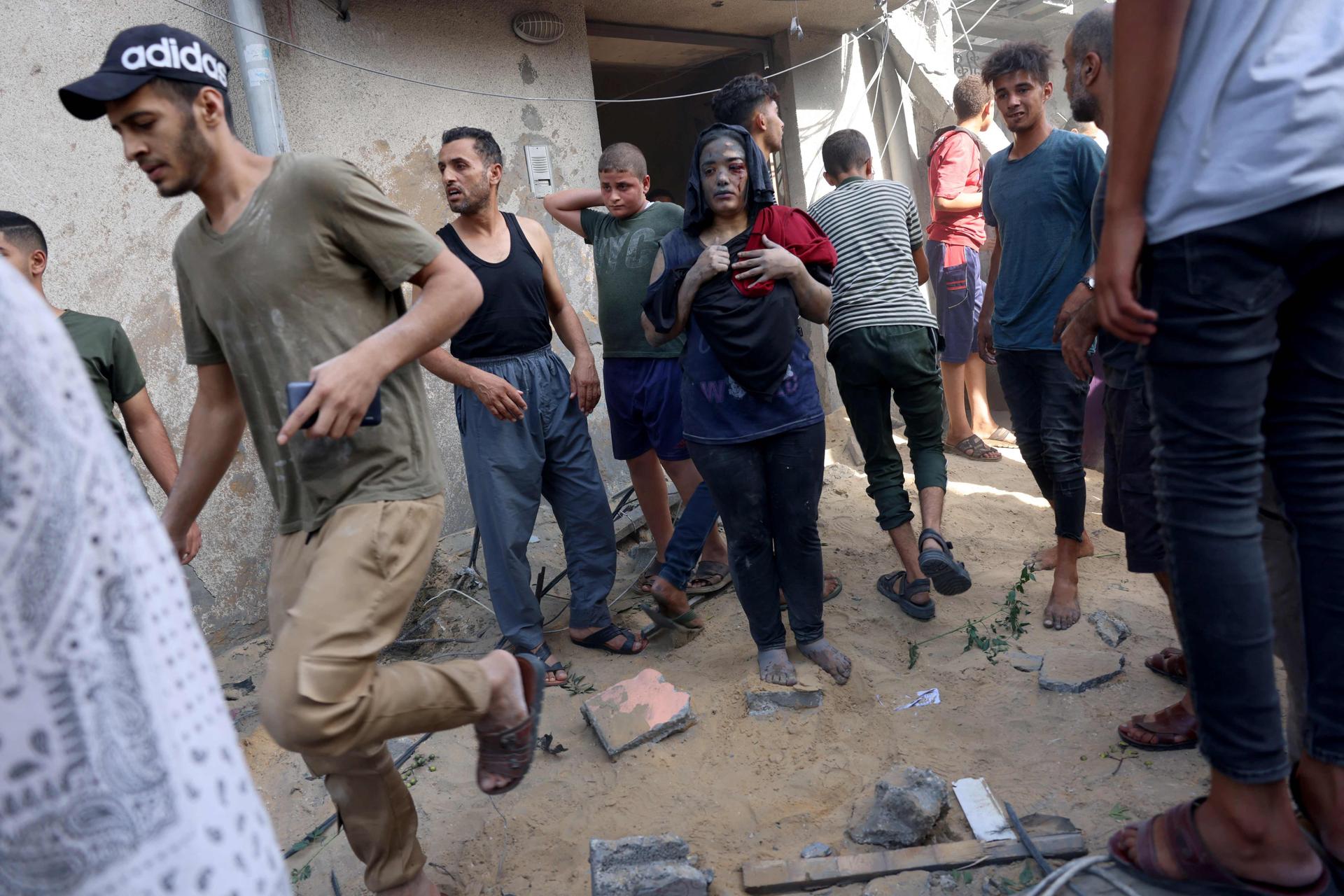
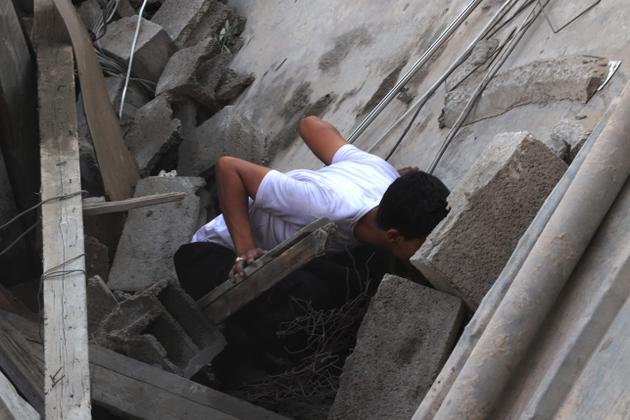
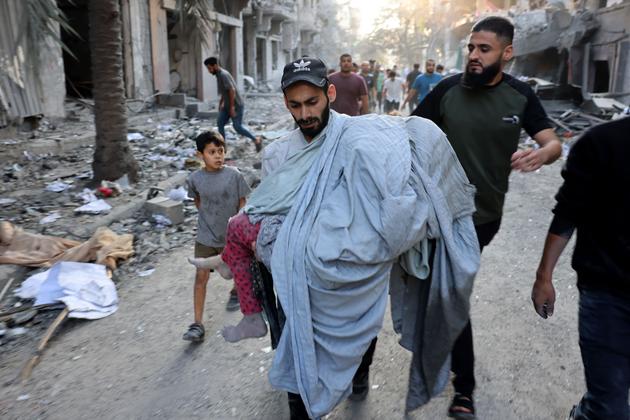
The Ministry of Health in the Hamas-held enclave has announced that more than 8,300 Palestinians have been killed in Gaza, including over 3,450 minors. In three weeks of war, the death toll "surpassed the annual number of children killed across the world's conflict zones since 2019," said the NGO Save the Children on October 29.
In addition to these figures, there are probably over a thousand bodies buried under the rubble. Rescue teams, with no resources, are too few in number. Very often, it is left to neighbors, with their bare hands, lit up at night by cell phones or flashlights, to try to save those who are still screaming.
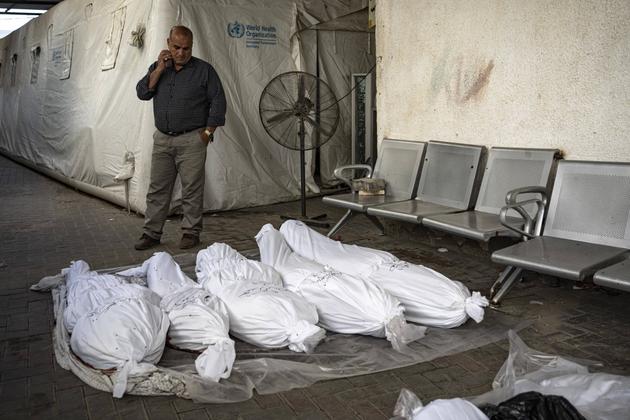
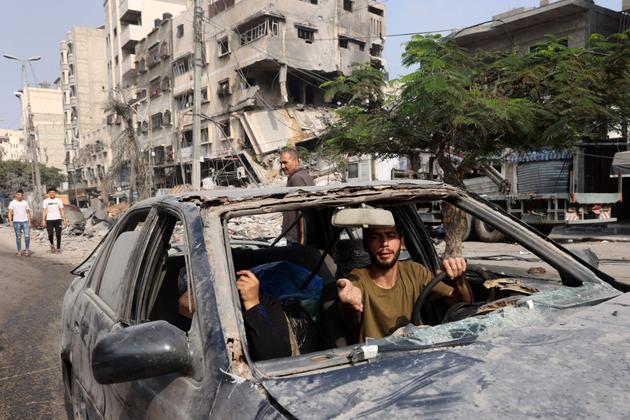
Under blockade for over 16 years, the Gaza Strip has been fully under siege by Israel since October 9. Nobody can get out, the inhabitants are trapped. Virtually nothing is allowed to get in too, apart from a few trucks of humanitarian aid meticulously inspected by the Israeli authorities and they are too few to ensure the survival of the 2.4 million Gazans.
Invisible to the rest of the world
There's already no gas, no electricity, and soon there will be no water or fuel. Some inhabitants wash themselves and their dishes in the sea. Buying bread or finding a bottle of drinking water can take a whole day. Garbage is no longer collected.
Adding to the chaos, all communications were cut off for 36 hours on October 28 and 29. Gazans became invisible to the rest of the world. With no news of their loved ones, they were unable to call for help after bombardments.
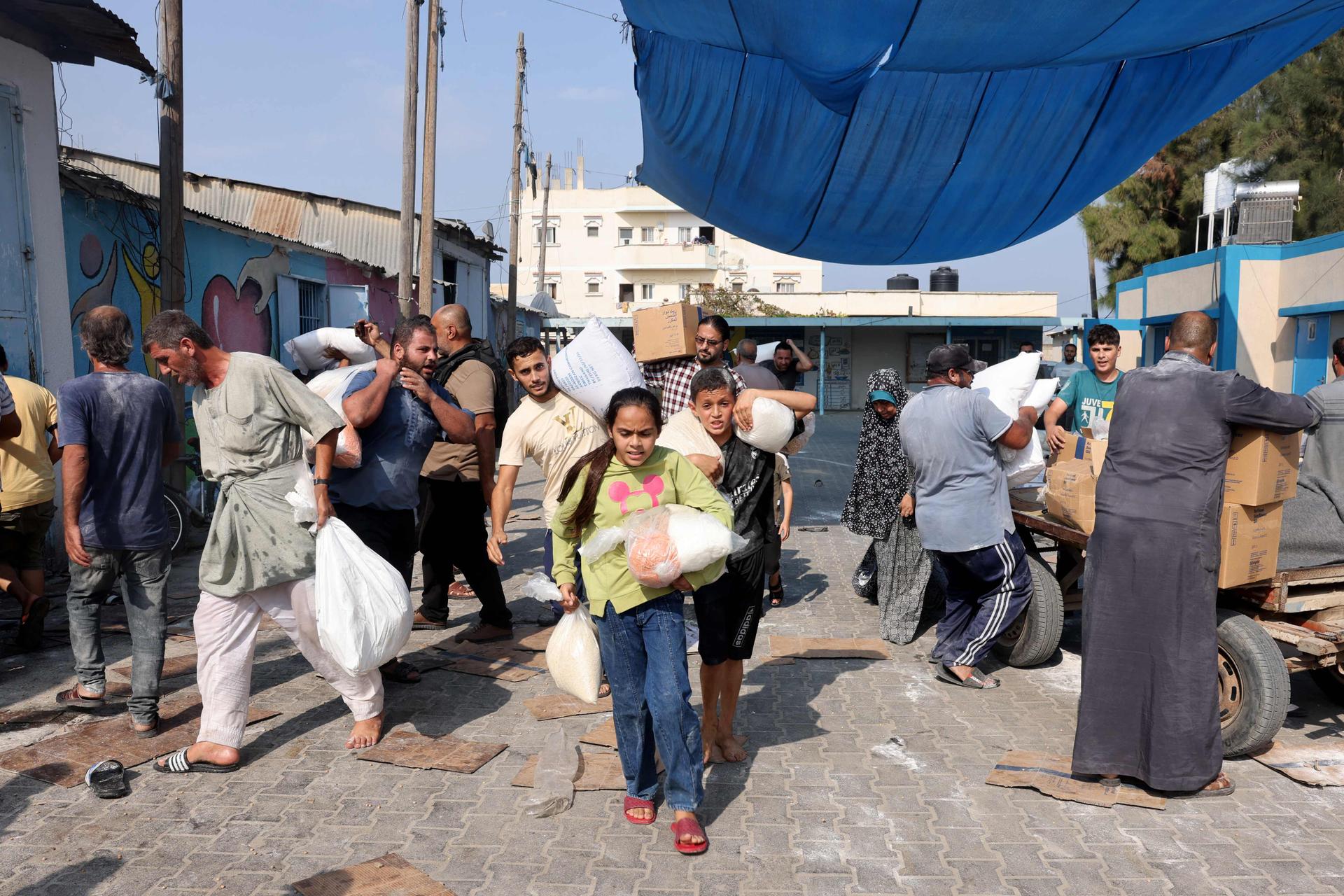
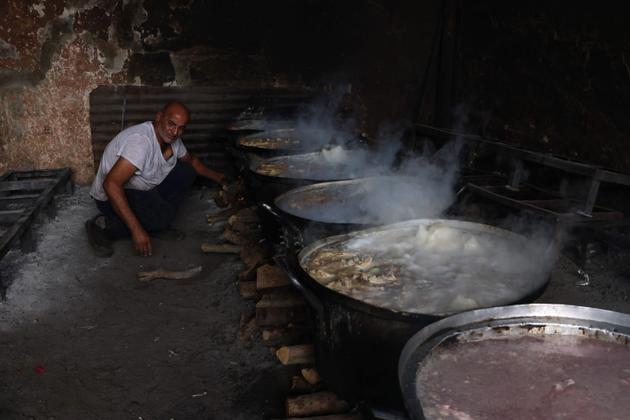
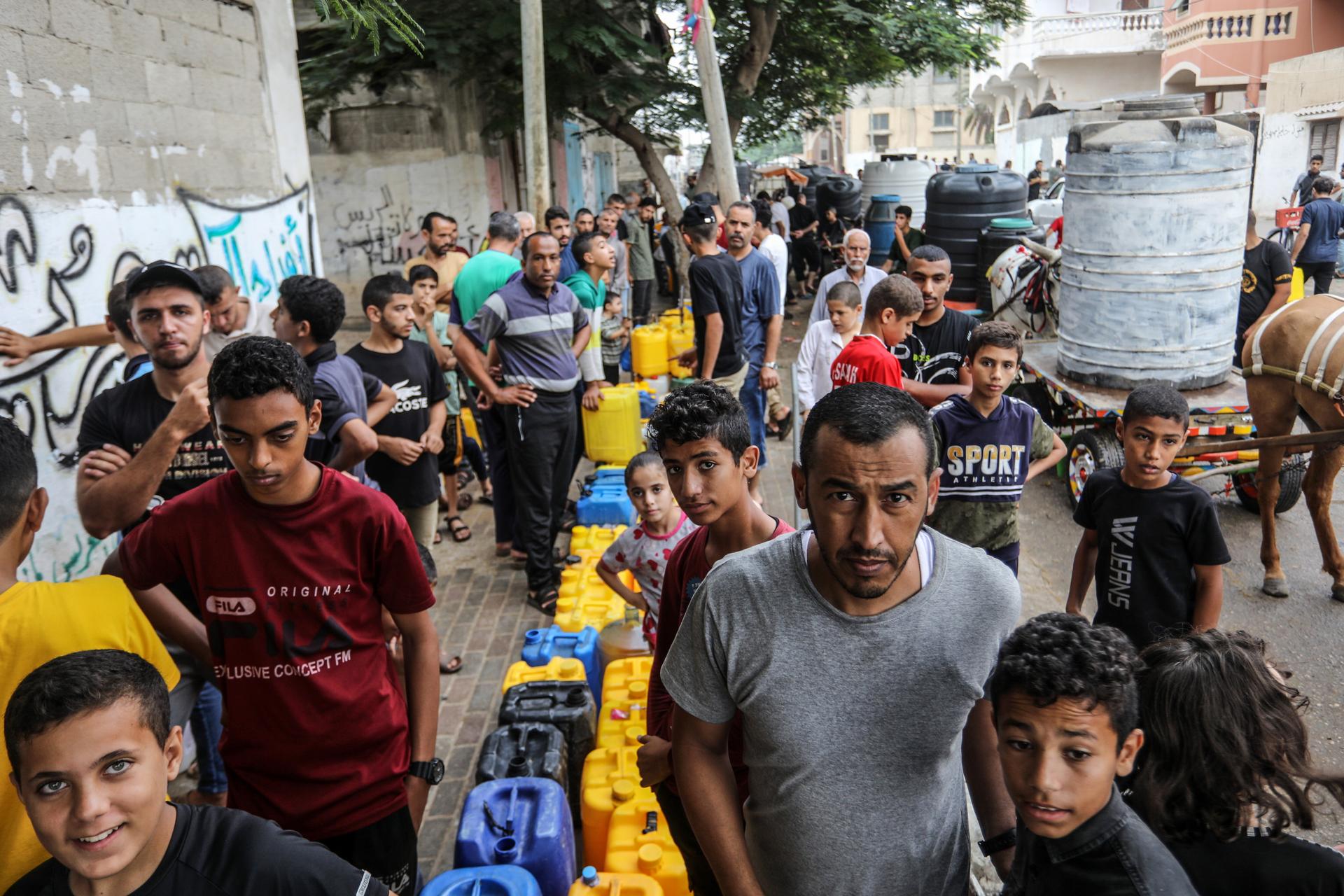
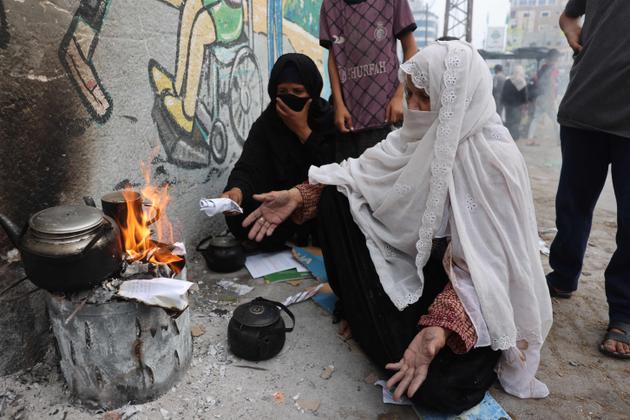
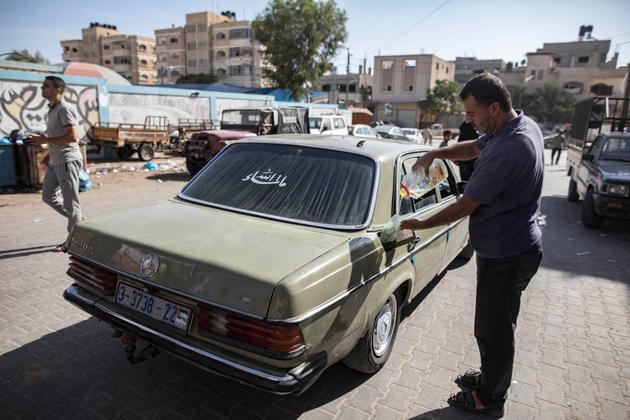
No place in Gaza is safe. In recent days, the Israeli army has threatened to bomb the enclave's largest hospital, Al-Shifa, accusing Hamas of having established its main base of operations beneath the facility.
Strikes damaged the Turkish-Palestinian Friendship Hospital, the only one that treats cancer patients, and other strikes fell near the Al-Quds Hospital in Gaza City, which treats over 14,000 people in addition to patients and nursing staff.
You have 20% of this article left to read. The rest is for subscribers only.
